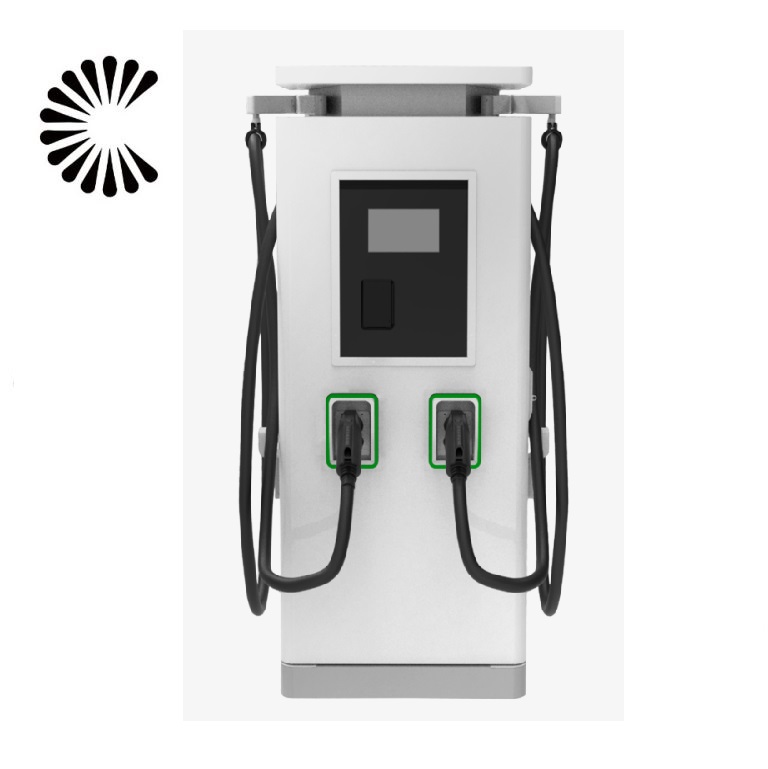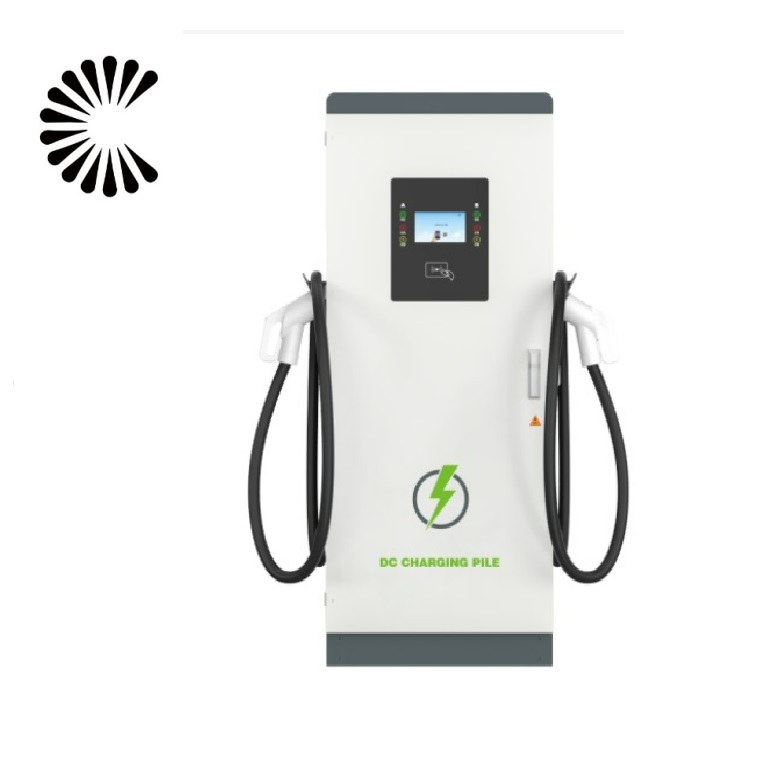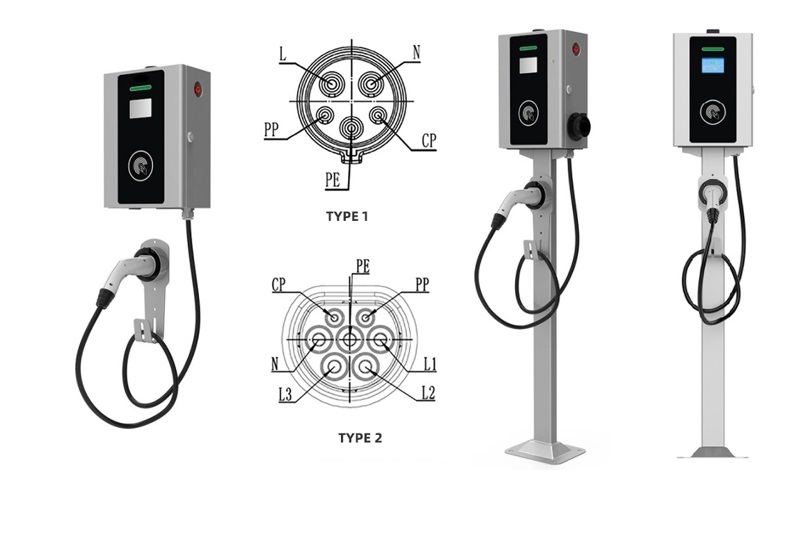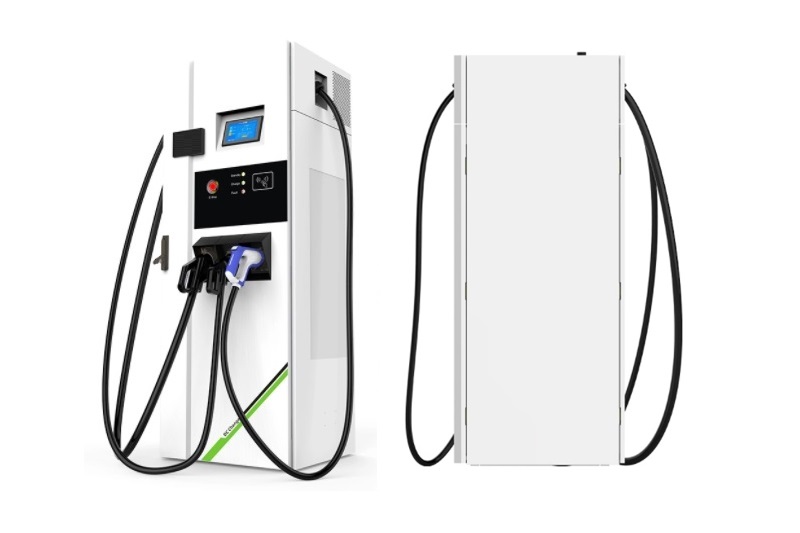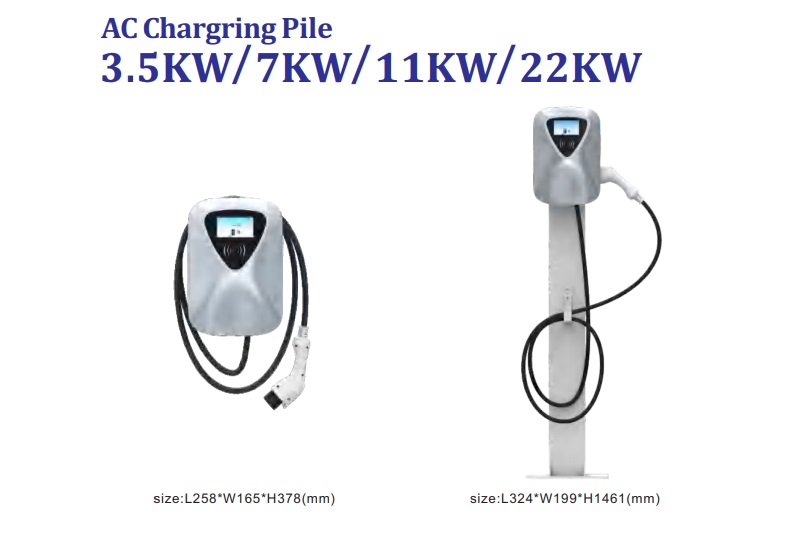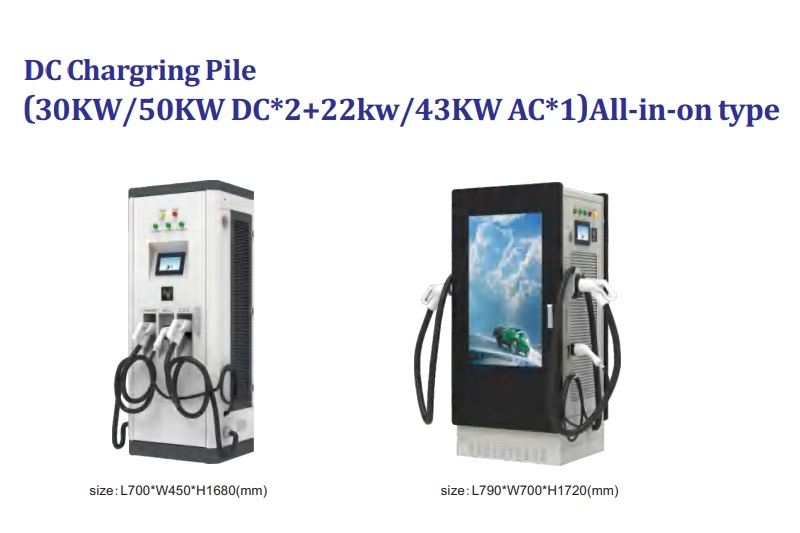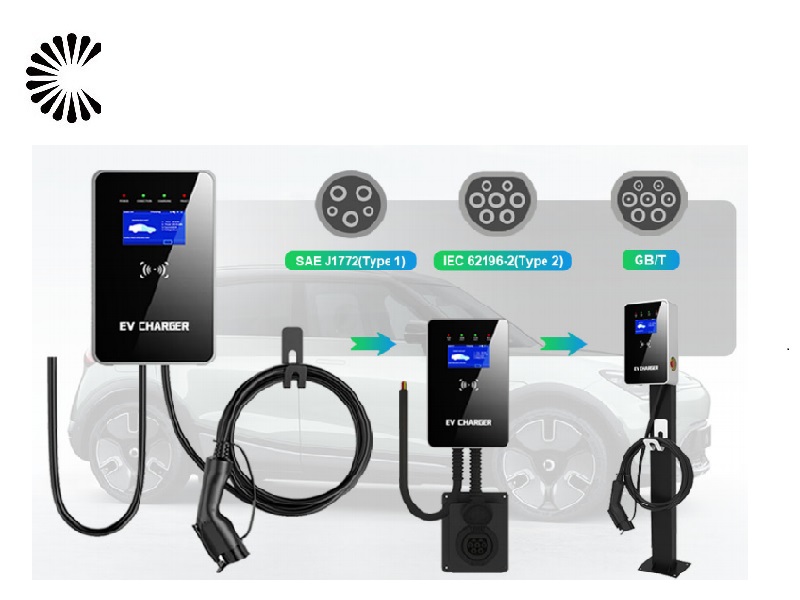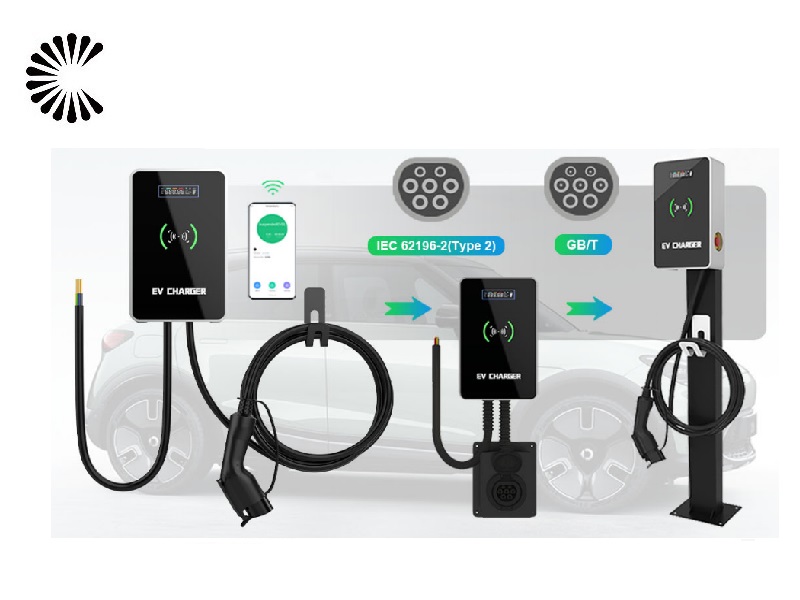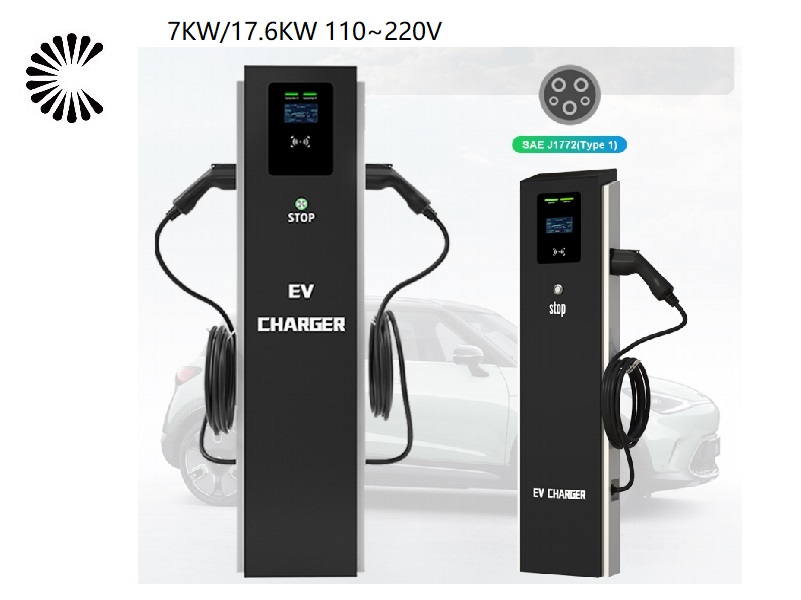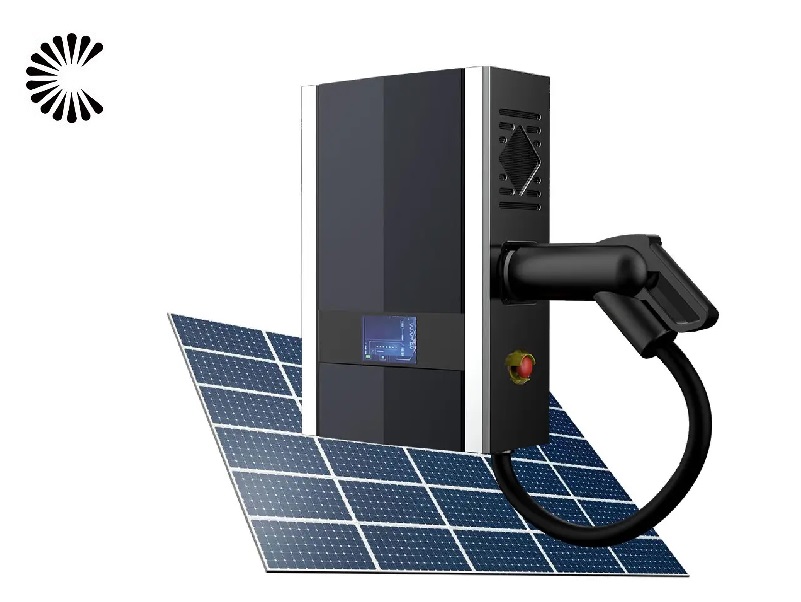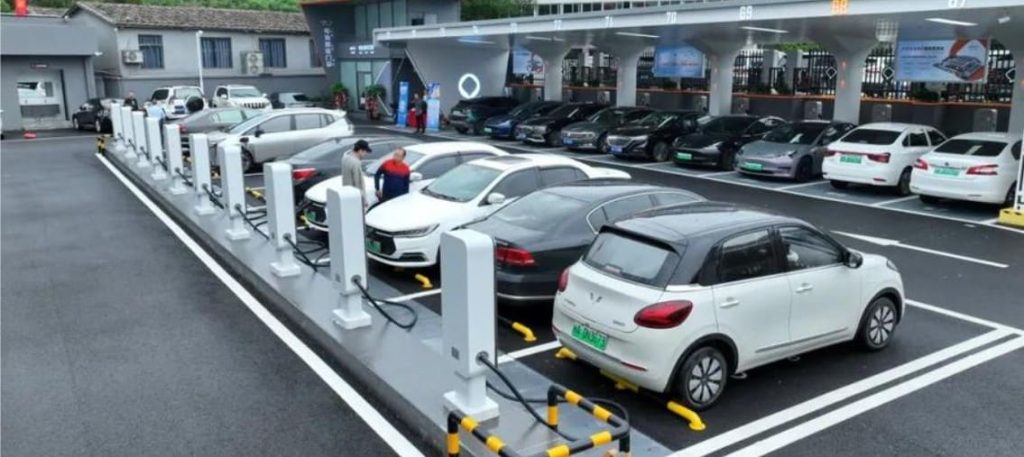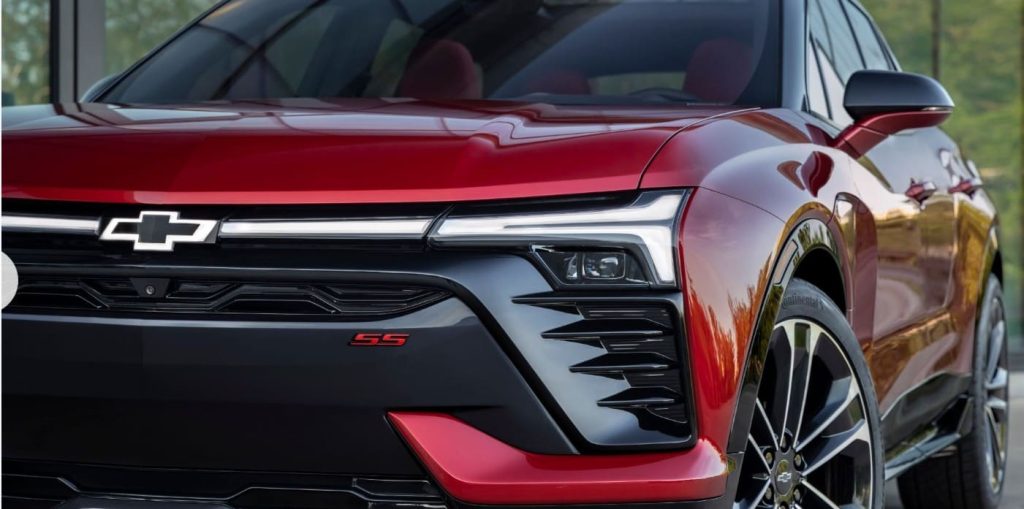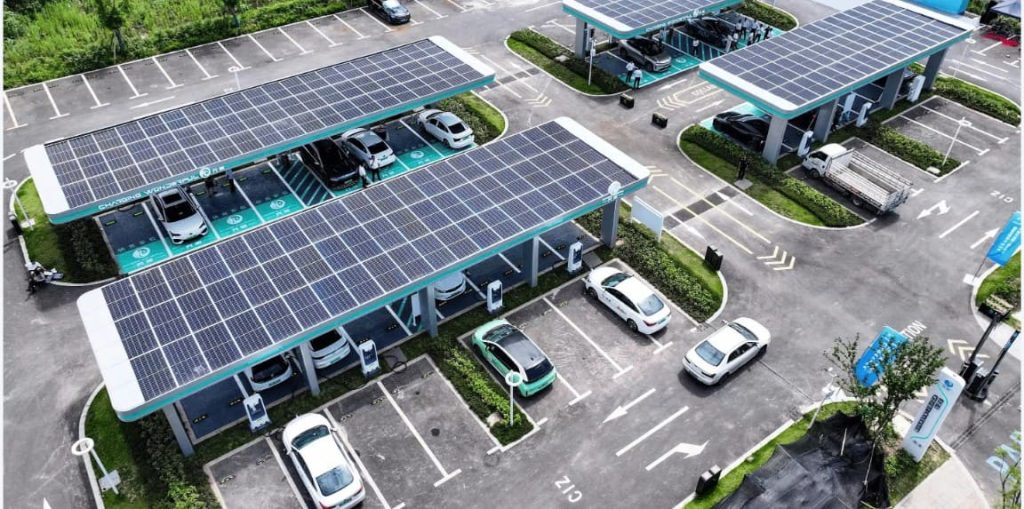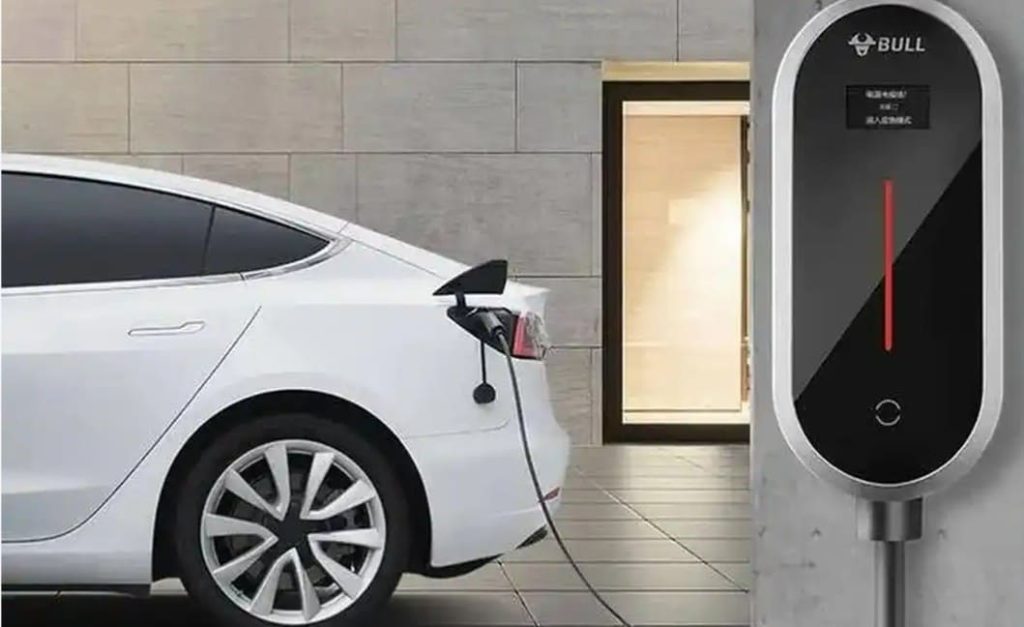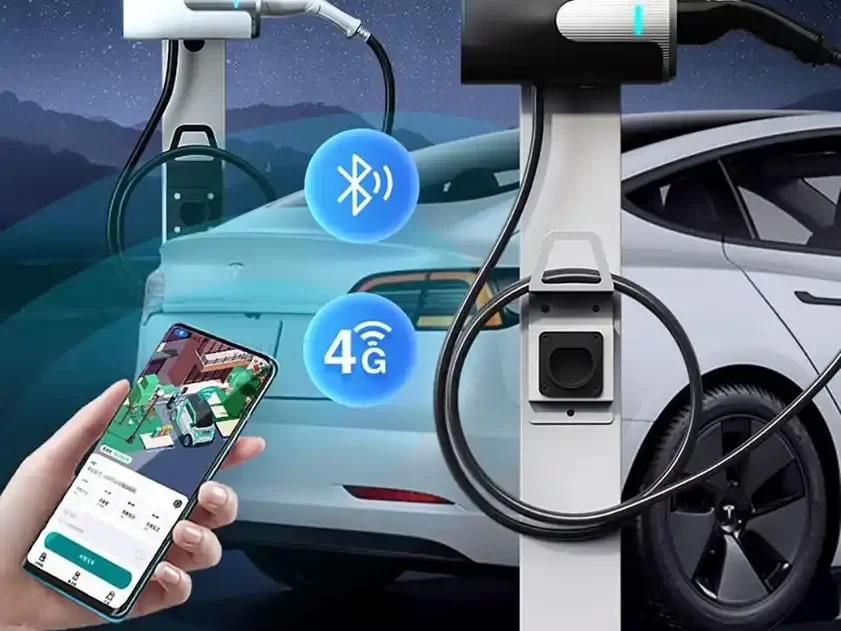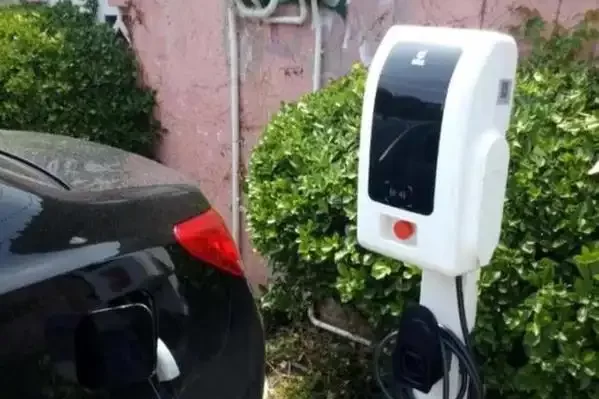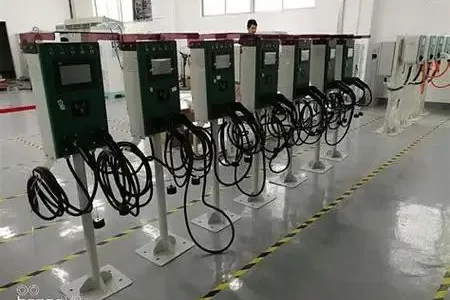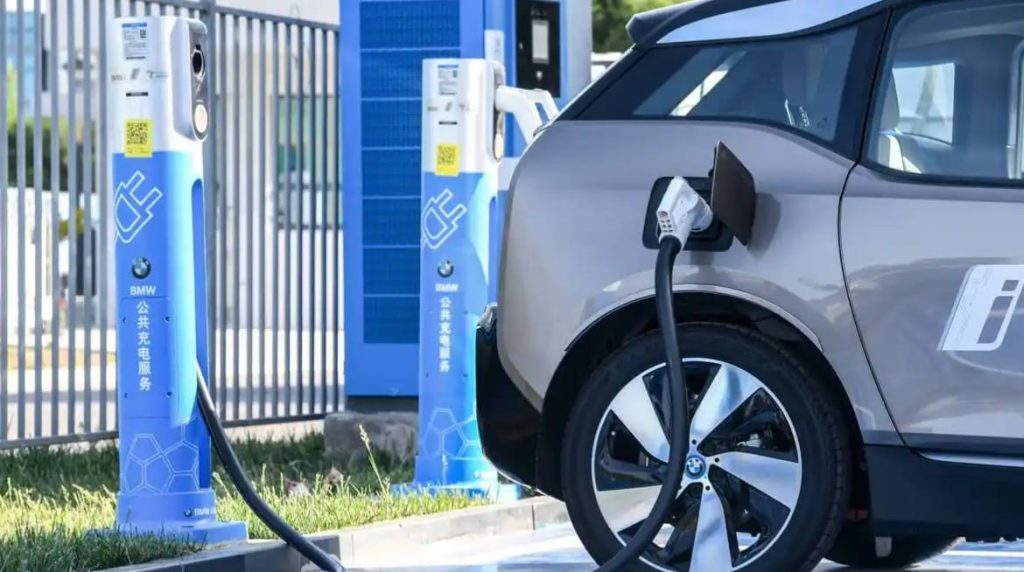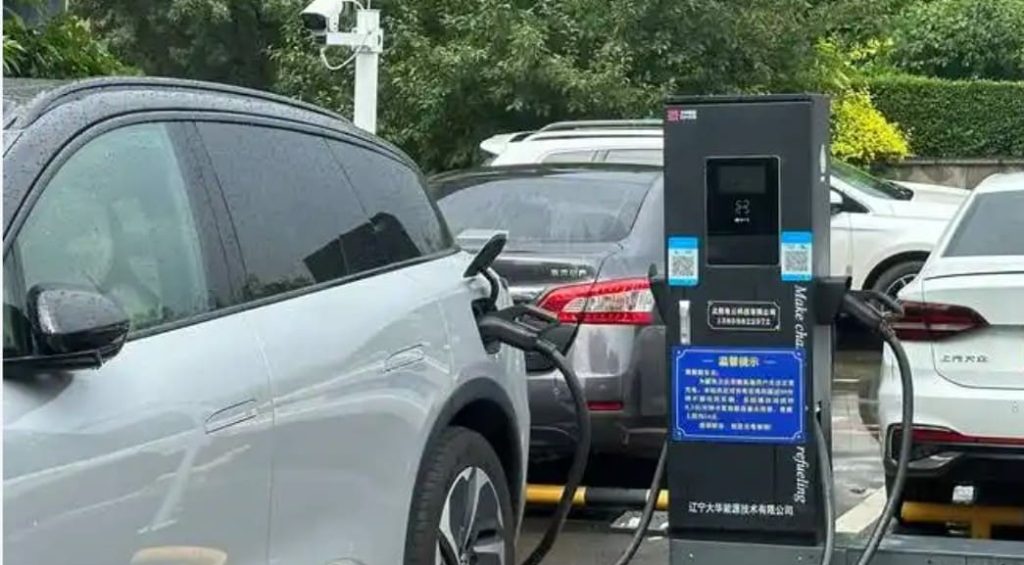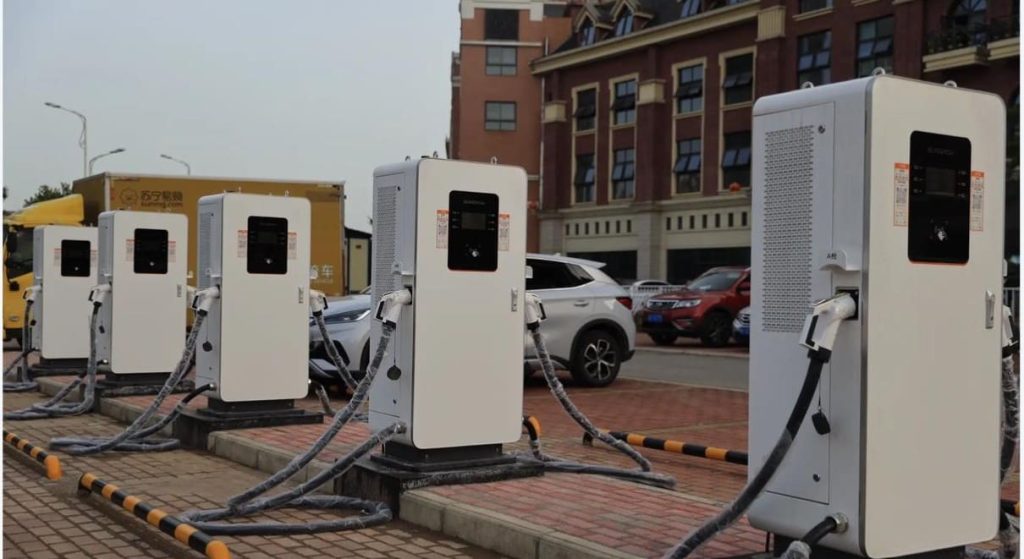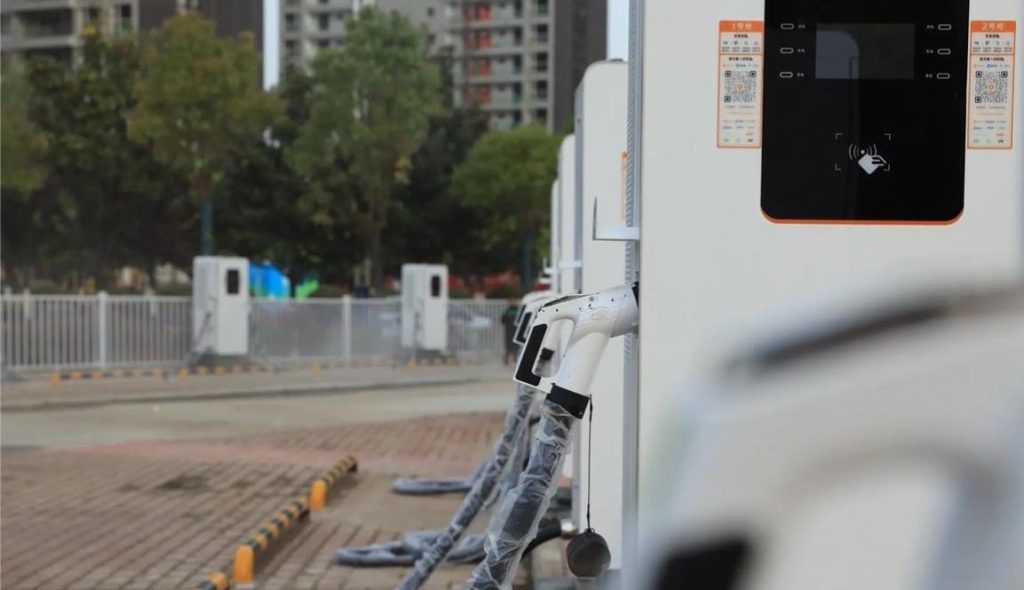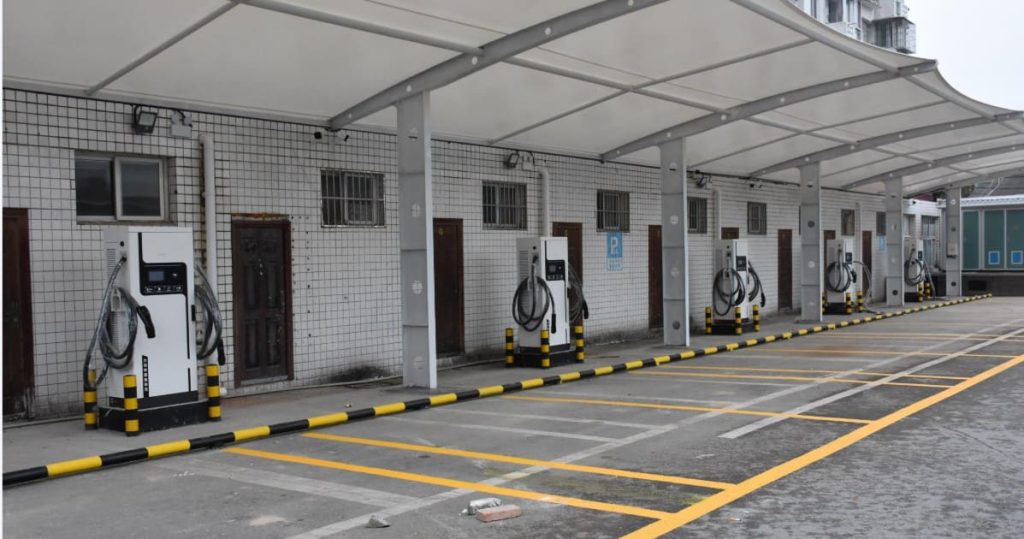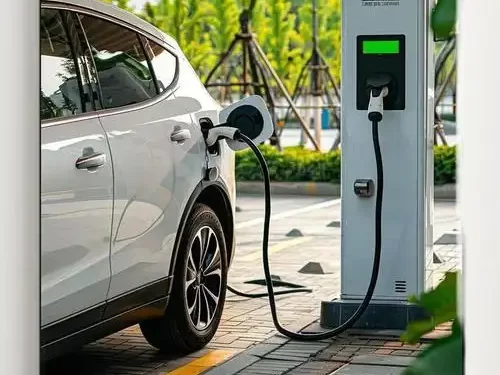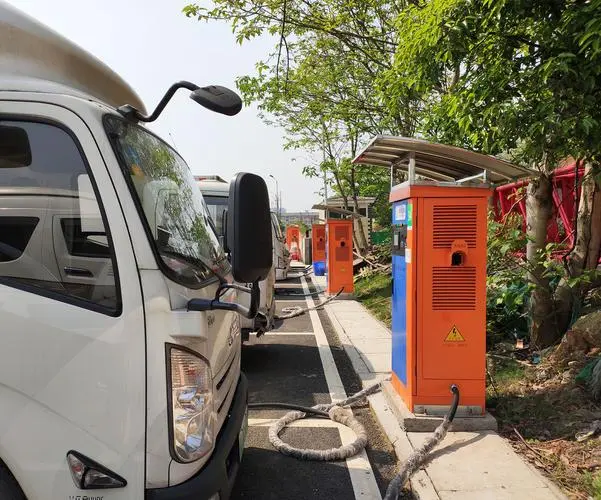In-depth analysis of the future trend of electric vehicles
Summary: Electric vehicles are developing rapidly. They have advantages such as environmental protection, low noise and high energy efficiency. However, they face challenges such as driving range, charging facilities and cost. In the future, electric vehicles are expected to achieve the integration of electrification and intelligence, green manufacturing and circular economy, diversified energy supply methods, sharing and customization. Governments, businesses and all sectors of society need to work together to promote the healthy development of electric vehicles.

With the increasing awareness of environmental protection and the continuous progress of science and technology, electric vehicles (EVs) have received more and more attention around the world. As a new type of clean energy transportation, electric vehicles have many potential advantages, such as zero emission, low noise, high energy efficiency and so on. However, the development of electric vehicles also faces many challenges, such as driving range, charging facilities, cost and other issues. This paper will deeply analyze the future trend of electric vehicles from multiple perspectives, and explore its possible development direction and challenges.
Electric vehicle market status
In recent years, the global electric vehicle market has shown a rapid growth trend. Many governments have took out policies to encourage the development of electric vehicles, such as providing subsidies for car purchases, reducing vehicle purchase taxes, and building charging infrastructure. At the same time, major automobile manufacturers have also increased their investment in the research and development and production of electric vehicles, and launched a series of new electric vehicles to meet the diversified needs of consumers.
Driven by market demand, sales of electric vehicles continue to grow. According to statistics, the global sales of electric vehicles in 2023 has exceeded 10 million, and the proportion of new car sales is also increasing year by year. This shows that electric vehicles have been recognized and accepted by more and more consumers.

Advances in electric vehicle technology
- Battery technology: Battery is one of the core components of electric vehicles, and its performance directly affects the range and cost of electric vehicles. At present, lithium-ion batteries are the most commonly used battery type for electric vehicles, and their advantages such as high energy density, long cycle life and low self-discharge rate have significantly improved the driving range of electric vehicles. At the same time, with the expansion of battery production scale and continuous progress of technology, battery costs are also gradually reducing, creating favorable conditions for the popularity of electric vehicles. In the future, solid-state batteries are expected to become a new generation of battery technology for electric vehicles. Compared with liquid batteries, solid-state batteries have the advantages of higher energy density, faster charging speed, and higher safety. Although solid-state batteries are still in the research and development stage, their potential application prospects have attracted widespread attention.
- Charging technology: The improvement of charging facilities is one of the key factors in the popularity of electric vehicles. At present, the charging methods of electric vehicles mainly include slow charging, fast charging and wireless charging. Among them, fast charging technology can fully charge electric vehicles in a short time, improving the charging efficiency; Wireless charging technology realizes the convenience of charging, and the charging process can be completed without inserting or removing the charging plug.
In the future, with the continuous development of charging technology, the charging speed will be further improved, and the charging facilities will be more intelligent and convenient. For example, through the Internet of vehicles technology to achieve the interconnection of charging facilities, owners can know the location and status of charging facilities at any time through the mobile phone APP, and make an appointment for charging time, improving the convenience and efficiency of charging.

The environmental impact of electric vehicles
As a means of clean energy transportation, the impact of electric vehicles on the environment is mainly reflected in the following aspects:
- Reduce greenhouse gas emissions: Electric vehicles use electricity as a power source, reducing the use of fossil fuels compared to conventional fuel vehicles, thus reducing greenhouse gas emissions. This has important implications for mitigating global climate change.
- Improving air quality: Electric vehicles do not produce pollutants such as exhaust gas and smoke during operation, which helps to improve urban air quality. At the same time, the noise of electric vehicles is lower, which also reduces urban noise pollution.
- Promote renewable energy development: The popularization of electric vehicles will boost the development of renewable energy. As the proportion of renewable energy such as solar and wind energy in the power structure gradually increases, the electricity used by electric vehicles will be cleaner and more environmentally friendly.
The challenges of electric vehicles
Although electric vehicles have many potential advantages and development prospects, their development still faces many challenges:
- Range: At present, the range of electric vehicles is still limited, and it is difficult to meet the needs of long-distance travel and heavy transportation. Although advances in battery technology have improved the range of electric vehicles, there is still a certain gap compared with traditional fuel vehicles.
- Charging facilities: The lack of charging facilities is a major obstacle to the adoption of electric vehicles. At present, the construction and distribution of charging facilities are not perfect enough to meet the charging needs of a large number of electric vehicles. At the same time, the interoperability and standardization of charging facilities also need to be improved.
- Cost: The manufacturing and purchase costs of electric vehicles are still high, limiting the speed of adoption. Although the cost of electric vehicles is expected to gradually decrease with the advancement of technology and mass production, it is still difficult to compete with traditional fuel vehicles in the short term.

The future trend of electric vehicles
- Electric and intelligent integration: In the future, electric vehicles will be deeply integrated with intelligent technology to achieve a more intelligent and convenient travel experience. Through on-board Internet, 5G communication, artificial intelligence and other technologies, electric vehicles can achieve autonomous driving, intelligent transportation systems, vehicle networking and other functions to improve driving safety and efficiency.
- Green manufacturing and circular economy: The manufacturing process of electric vehicles will pay more attention to green, environmental protection and sustainable development. Reduce energy consumption and emissions in electric vehicle manufacturing by using environmentally friendly materials and optimizing production processes. At the same time, the used batteries of electric vehicles will be effectively recycled and reused, forming a circular economy model.
- Diversified energy supply methods: In the future, the energy supply methods of electric vehicles will be more diversified. In addition to the traditional charging methods, there will also be new energy supply methods such as wireless charging, solar charging, hydrogen energy supply, etc., to meet the energy demand in different scenarios.
- Sharing and customization coexist: Under the influence of the sharing economy, the sharing trend of electric vehicles will gradually emerge. For example, models such as shared cars and shared charging piles will reduce user costs and improve resource utilization efficiency. At the same time, with the diversification of consumer demand, the degree of customization of electric vehicles will continue to improve to meet the personalized needs of users.
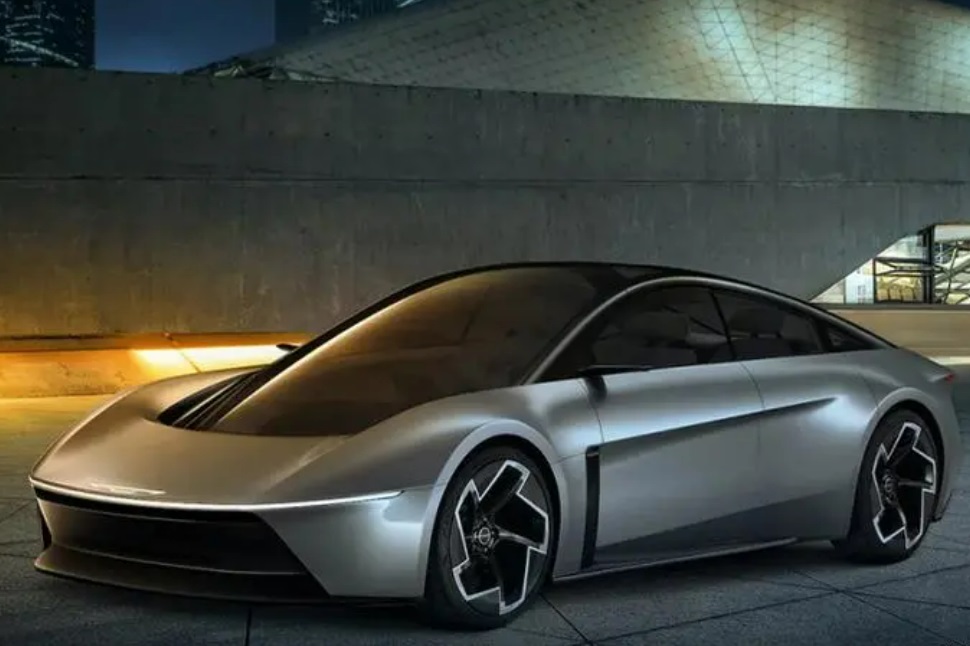
Conclusion and prospect
To sum up, as a new type of clean energy transportation, electric vehicles have broad prospects for development. In the future, with the advancement of technology and the promotion of policies, electric vehicles are expected to make breakthroughs in driving range, charging facilities, costs and other aspects, and become one of the mainstream travel methods. At the same time, the popularity of electric vehicles will promote the development of renewable energy, improve air quality, promote the formation of green manufacturing and circular economy, and contribute to the sustainable development of mankind.
However, the development of electric vehicles still faces many challenges and uncertainties. Therefore, the government, enterprises and all sectors of society need to work together to strengthen technology research and development, improve charging facilities, promote policy innovation, cultivate market demand, etc., to create a good environment for the healthy development of electric vehicles.



